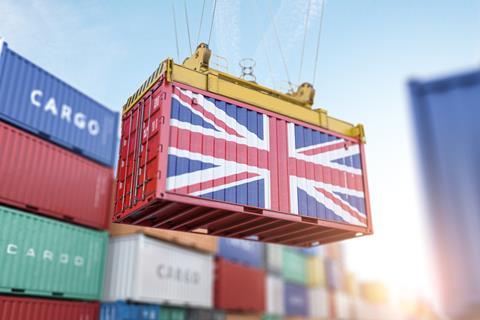
As the second anniversary of the UK-New Zealand free trade agreement passes, a timely debate has re-emerged in UK food retail: are trade deals weakening British sourcing pledges?
The short answer is: it doesn’t have to. In fact, responsible global sourcing can strengthen UK retail’s resilience and accelerate progress towards sustainability targets.
The UK’s food system is more interconnected than ever. With pressures from climate change, economic volatility, and shifting consumer expectations, the challenge isn’t whether to source globally – it’s how to do so with purpose, transparency and integrity. In this context, overseas producers with robust sustainability credentials, can play a pivotal role.
The climate question
In a world of increasingly unpredictable seasons, countries with complementary harvest cycles offer vital supply assurance. From apples to lamb, sourcing from the other side of the world can actually reduce environmental impact when measured across the full product lifecycle.
In practice, this means UK retailers can keep shelves stocked all year – especially in off-seasons – while simultaneously reducing emissions. Retailers like Waitrose have long leveraged this model.
Many associate sustainability with locality, but this oversimplifies a more complex picture. The true impact of a product depends on how it’s grown, processed, and transported. That’s why we are investing in rigorous, science-based systems to demonstrate real progress – rolling out national greenhouse gas accounting frameworks, undertaking lifecycle assessments, and committing to reducing emissions across all sectors, including red meat, dairy, wine, and horticulture.
Food security
Global sourcing also plays a strategic role in supporting UK food security. When extreme weather impacts British harvests – as seen in recent years with heatwaves and floods – trusted international supply partnerships can help maintain availability and price stability. This is not about replacing British produce, but supplementing it smartly, to fulfil the demand from consumers and retailers alike.
In fact, most responsible producers want the same things UK retailers do: transparent, ethical, low-emissions supply chains. Across sectors, we’re seeing increasing collaboration on packaging, data sharing, waste reduction, and sustainable innovation. Many trade deals include commitments on climate and animal welfare, reflecting a shared ambition to lead on values, not volume.
Rather than see trade deals as undermining British sourcing, it’s time to reframe the conversation. By integrating high-integrity partners into their supply mix, UK retailers can build more sustainable, more resilient systems – without letting go of their commitments to UK farmers.
Global doesn’t have to mean less ethical or less green. With the right partners, it can mean more of both.
Carole Tredrea, acting trade commissioner UK&I at New Zealand Trade & Enterprise







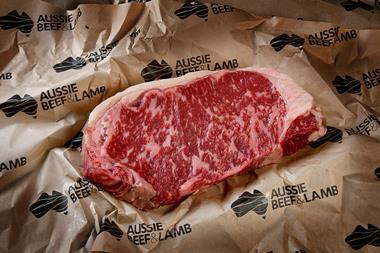
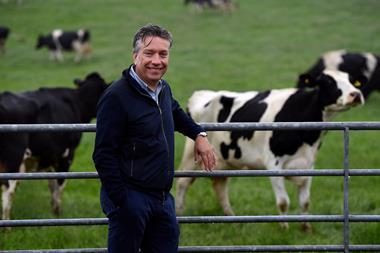
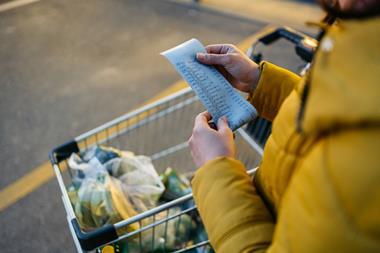


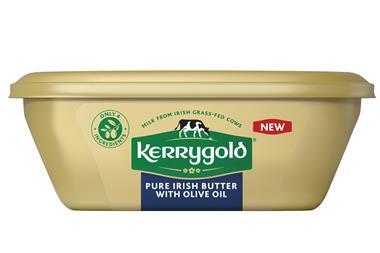






No comments yet